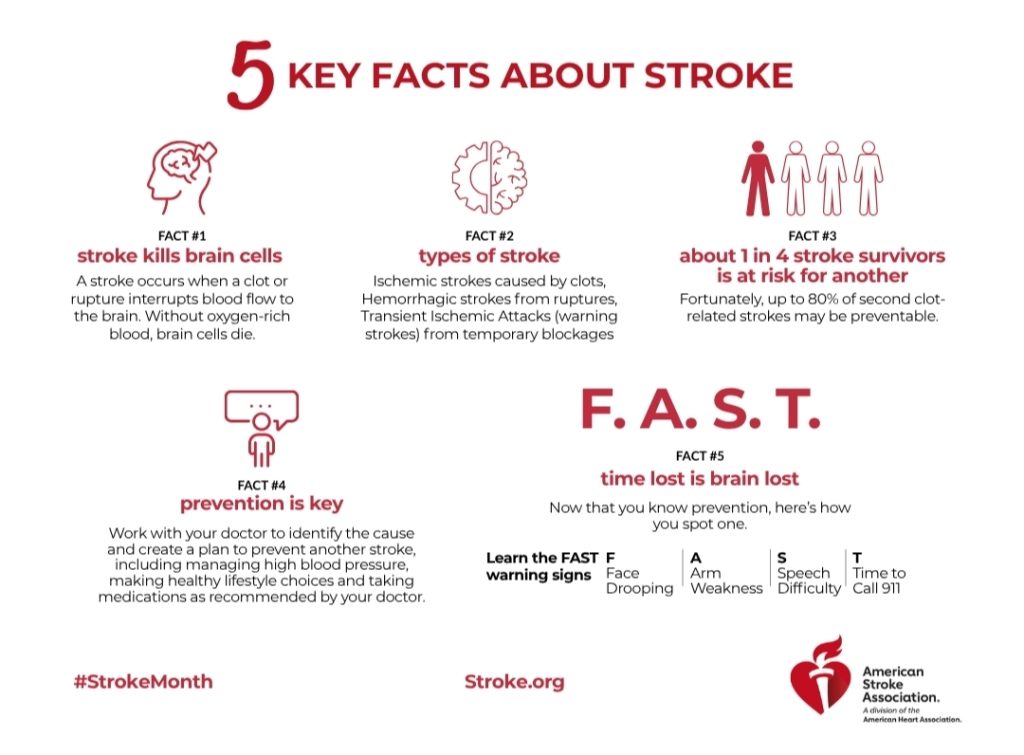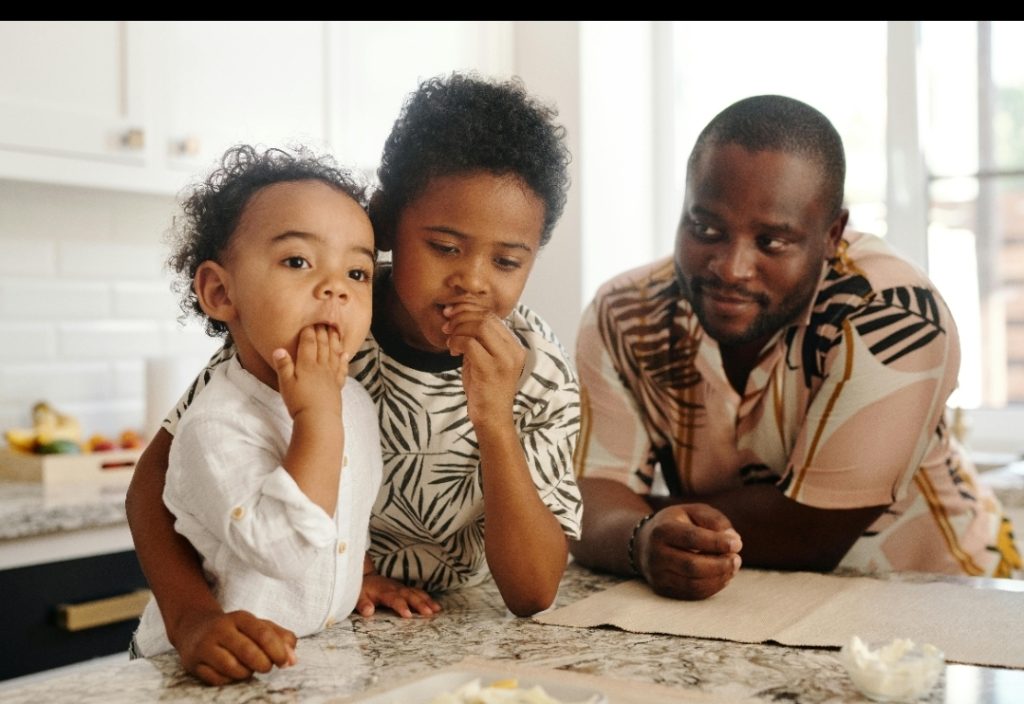Most of us tend to dismiss stress with, “Oh it’s nothing, I’m just stressed.”
Um no, you are a raging forest fire, and if you don’t do something your house is going to burn down!
Stress is serious and accounts for at least 80% of all doctor’s visits.
Mineral imbalance
The first thing stress affects is our minerals, especially magnesium.
We need magnesium for over 3,000 reactions in the body, so without it, we will pretty much feel like crap. We can’t make energy without magnesium, and we need energy for everything we do.
Magnesium loss leads to an imbalance of other minerals, especially copper and iron.
Copper turns oxygen into energy and keeps iron recycling in the blood instead of getting stuck in tissues and organs where it causes oxidative stress and inflammation.
Most of the iron we need (99%) comes from the iron we already have in our body. The other 1% comes from the food we eat.
We age because iron accumulates in our tissues, so we want to make sure we have enough copper to keep iron circulating in the blood rather than depositing it in our tissues.
It’s the iron in our tissues that causes us to experience symptoms, and stress is the starting point of iron in our tissues.
Emotions and beliefs
Stress comes at us from all angles.
We can experience stress physically, mentally, or emotionally and we tend to pick up subconscious beliefs from our experience of stress.
These beliefs can come from events or things that were said to us as children; they can come from the way other people treat us or from our perception of how others treat us. They can also come from trauma.
They can even come from the stress our ancestors experienced that is passed down in our DNA. This is why we often see the same problems repeating in families.
The emotions and beliefs we pick up from stress determine where the symptoms from mineral imbalance show up in the body.
For example, a year after my husband passed away, my body fell apart. I had a bulging disc impinging my S1 nerve which caused severe pain down my right leg, and now I can’t bear weight on the ball of my right foot. I also developed uterine fibroids.
Conventional medicine would never connect those issues with grief, but when things show up in the foot it’s because you feel confused, lost, ungrounded, stuck, or indecisive…all things that can come from losing a loved one.
Issues in the uterus can result from feeling ungrounded, depleted, unsupported, neglected…again, things that can come from losing a loved one.
I got rid of the pain by dealing with the underlying feelings and beliefs and getting adequate minerals, particularly magnesium (losing a loved one is a stressful event).
Dis-ease
Disease is really dis-ease. “Dis” is a reversing force and “ease” is the absence of difficulty or the presence of peace and harmony.
When our body is in a state of dis-ease, we know we have a mineral imbalance and emotions and beliefs that are preventing our body from experiencing peace and harmony.
Healing, then, is all about balancing minerals and changing our thoughts.
And it all begins with managing our stress.
If stress reduction, balancing minerals and changing beliefs is not part of the care you get when your body is in a state of dis-ease, you will never be able to experience complete healing.
We can’t dismiss stress. It’s the match that starts the fire that burns everything to the ground.
If you’re finding that stress is affecting your mental health, join us for tips from mental wellness experts at our event, It’s OKAY! Pause, Breathe, Proceed streaming on Thursday, May 25. Let’s make your self-care a priority, together!
The Future of Connection for Women








0 Comments